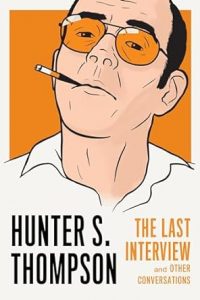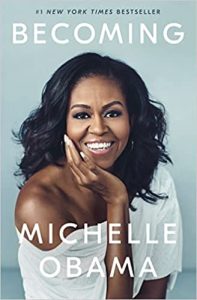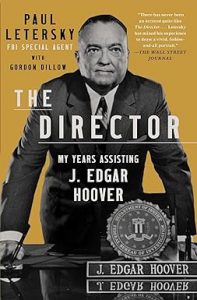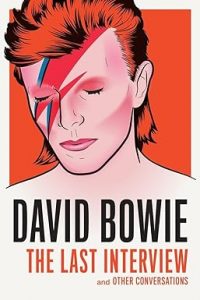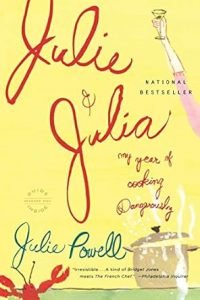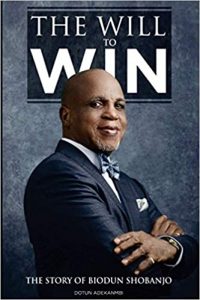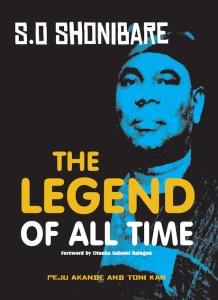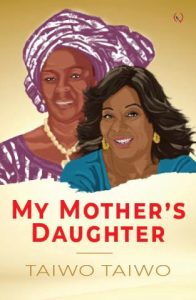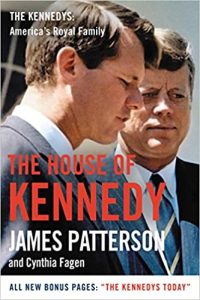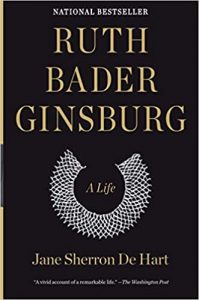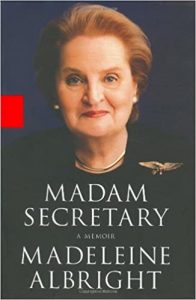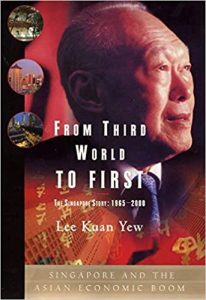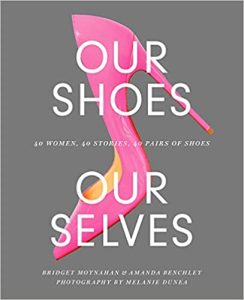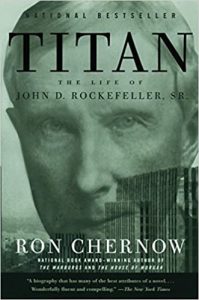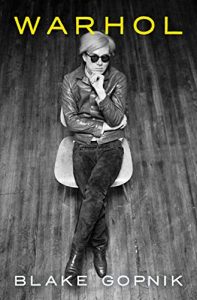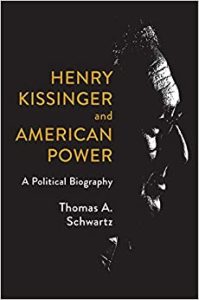The Last Interview: Hunter Thompson
₦9,000.00Hunter S. Thompson was so outside the box, a new word was invented just to define him: Gonzo. He was a journalist who mocked all the rules, a hell-bent fellow who loved to stomp on his own accelerator, the writer every other writer tried to imitate. In these brutally candid and very funny interviews that range across his fabled career, Thompson reveals himself as mad for politics, which he thought was both the source of the country’s despair and, just maybe, the answer to it. At a moment when politics is once again roiling America, we need Thompson’s guts and wild wisdom more than ever.

